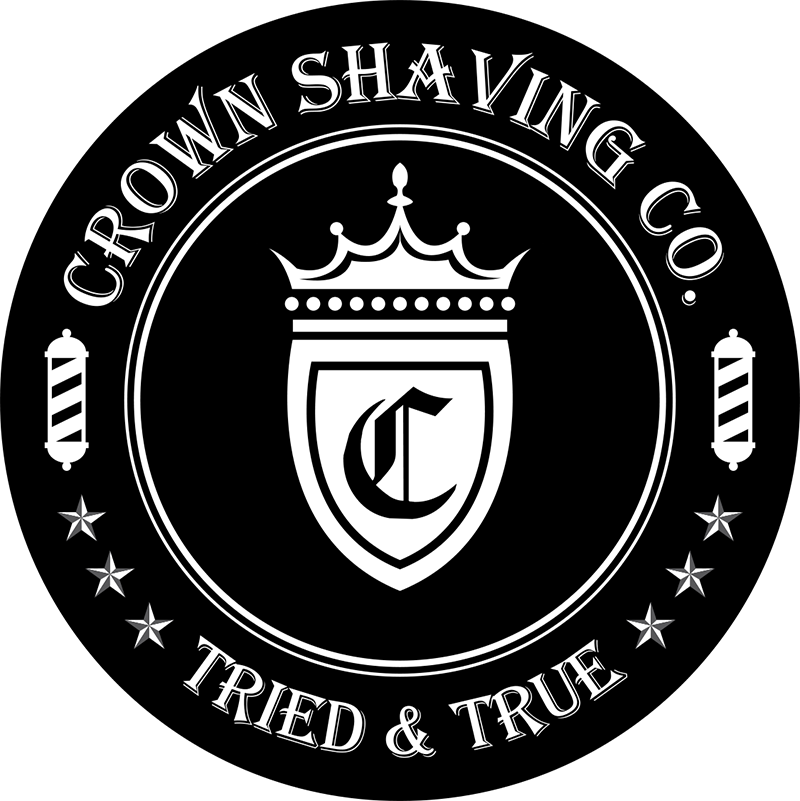Are All These Cleaning Products Bad For You?
An ‘1800s French ad for Papier d’Arménie (or Armenian Paper), a cleaning paper “coated with the dried sap of styrax trees” that would leave your quarters smelling just fine. Image: Wikipedia Commons.
Not that you didn’t see this coming, but, the answer to our titular question is yes and no.
First off, we’re not into politics, so we’re going to conveniently sidestep the whole Trump disinfectant thing, a story that’s impossible to dodge when looking up the safe usage of cleaning stuff. Trust us, we’d know.
We don’t care about people drinking bleach; we’re happy hoping that kind of idiocy belongs to a small, small minority in this world. What we want to know is this: Since everyone’s been cleaning their houses with a neuroses that dwarfs Howie Mandel’s, aren’t all those chemicals in our cleaning wipes and sprays bad for us?
We went back, way back to one month before the official announcement of a pandemic for an unadulterated look at this topic. As it turns out, cleaning products can be bad for kids and people with asthma and allergies, but it all depends on how they’re used and what kind of cleaning agents are in the products we buy.
For any manufacturer of household cleaners to stay in business, they have to prove their products can clean a litany of bad shit by passing industry tests (a blurry world unto its own, thanks to factors like a lack of tests that focus on qualitative results, and not quantitative ones). Generally, if that cleaning brand can’t back up what’s on their label, you know lawsuits will rain down. That is, if whoever’s suing gets past weird loopholes in North American cleaning product standards, like not having to list all ingredients (but at least Europe’s catching on.)
In an article published February of this year by non-profit commerce watchdog site, Consumer Reports, Dr. Susan Pacheco—a professor in paediatrics at the University of Texas McGovern Medical School—confirmed that heavy duty cleaners like bleach can “facilitate development of allergies and trigger asthma attacks in children.” The piece highlights something called quaternary ammonium compounds, or “Quats,” as they’re more commonly known. Quats are those unpronounceable chemicals we never care to read on cleaning product labels. Here’s one of approximately 300: Didecyldimethylammonium chloride, which kills fungus and any legitimate attempt to be read by anyone for whom this is all alien talk.
And that doesn’t even include bleach, which lives in a separate league than Quats, though it’s just as bad for our lungs. Based on this work-related report by the California Department of Public Health, asthmatic adults can have brutal reactions to the stuff, and their case studies prove it—even if there’s not much exposure to bleach.
So, how do you clean things and kill viruses without triggering people’s asthma?
Read labels, all of them. And while you’re at it, bypass any and all disinfectants with bleach and Quats, and instead use ones with hydrogen peroxide. The latter seems to not be as harmful for people with sensitive lungs.
And remember—not everything needs disinfecting all the time, despite the fact that Lysol wipes are easy as hell. Did your sick girlfriend just use your bathroom? Disinfectant time.
But if it’s just a bit of dirt and grime, a little soap and a wet cloth still go far in this 21st century.
That and using your head.

